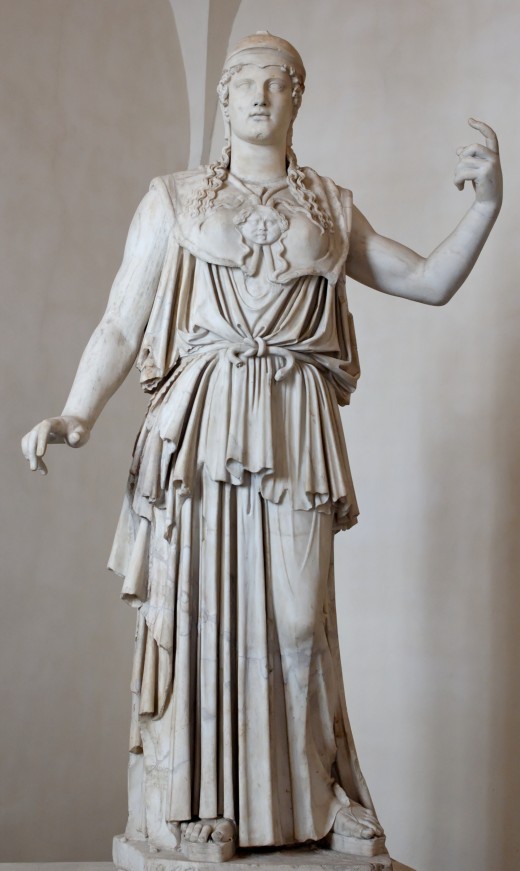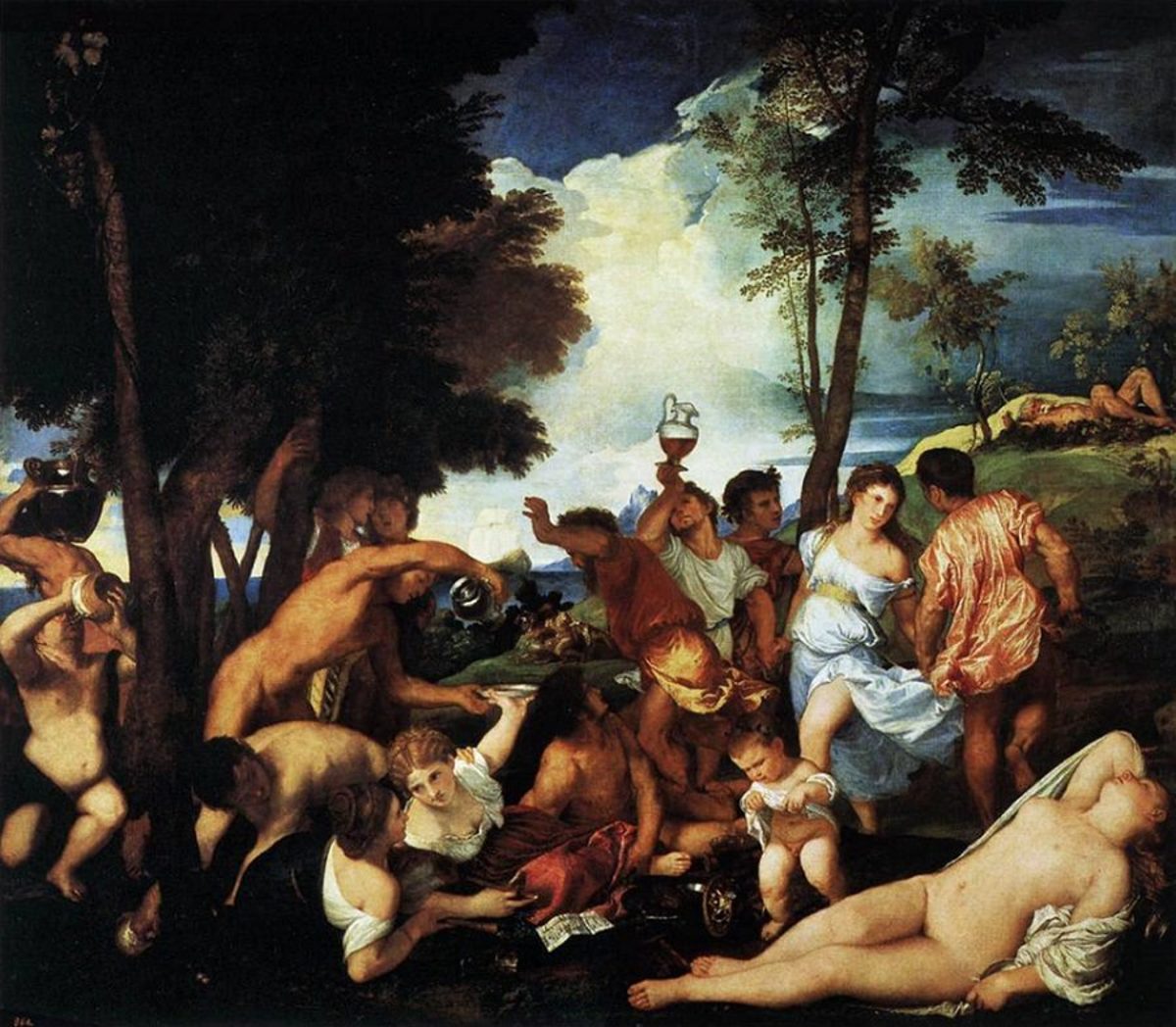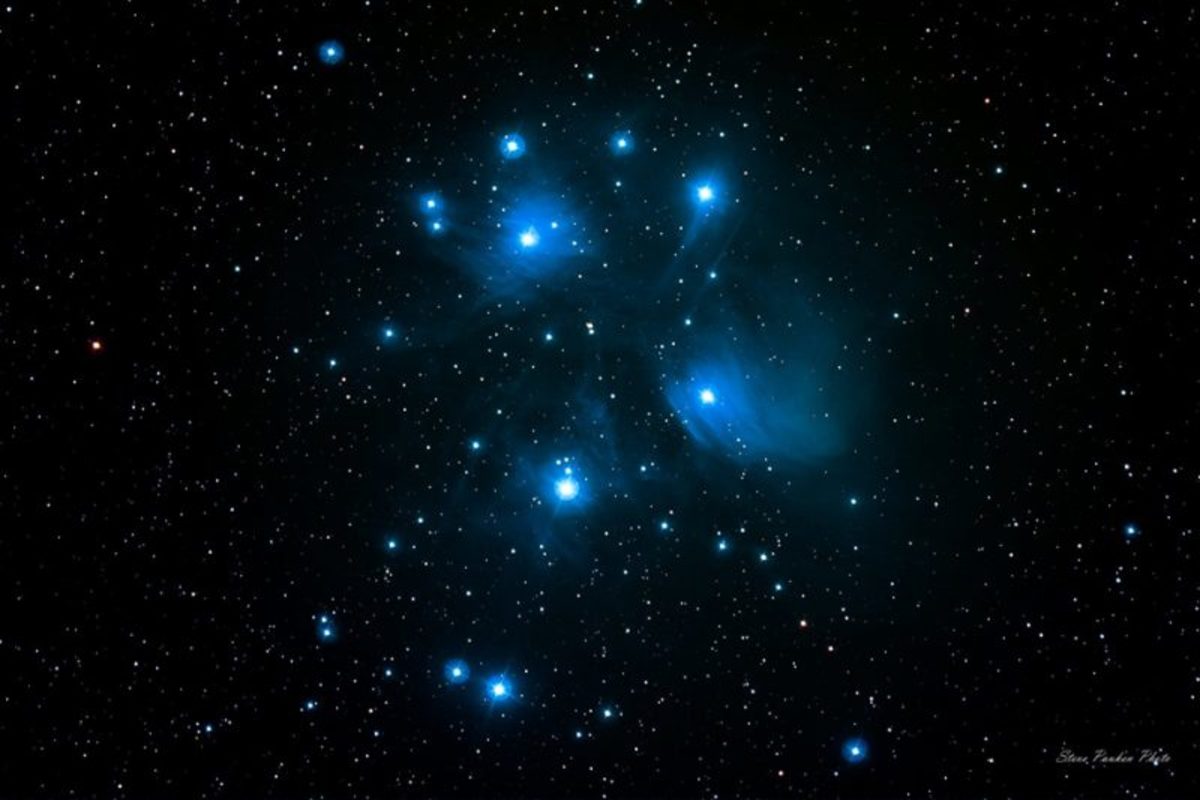Religion and Faith
Is it all right for someone who is not a member of a specific religion to tell someone who is a member that he is practicing his religion all wrong?Or how about this: should someone who isn't religious at all tell someone who is what the proper province of religion is, and where religion cuts off and science begins?
It sounds like a strange question, but I've seen this happen a lot, right here on hubpages.
I've even seen people make blanket statements about what "real" religions are like. As opposed to what? False religions? What is most amazing is when these types of statements are made in the name of tolerance.
People will say something like: "I respect all religions, except those that are judgemental or coercive." Well, in that case, you don't respect all religions. You might as well be honest about it.
Or someone else may say: "Religion is about matters of personal conscience, but it has nothing to do with cosmology or how humanity evolved. Those are questions for science to decide." But science evolved from philosophy which evolved from religion. How can you say that cosmology has nothing to do with religion?
What all of these attempts to delimit the place of religion in public debate have in common is that it's assumed that you can believe whatever you like -- as long as it doesn't really matter.
Last year, around Thanksgiving, my daughter came home and told me her teacher had taught her that the Pilgrims came to America so that they could be free to worship God.
That sounded a little off to me, so I said: "You mean, they came to America so that they could be free to worship their god in their own way?"
"No. Just so they could worship God. That's what the teacher said."
I've since spoken to other people who seem to believe the same thing. It almost sounds as if the Old World were a completely godless place, where people were forbidden to worship.
Considering that all the countries of Europe had an established state religion and that the religion of the Pilgrims was an offshoot of the official religion whose minor doctrinal differences are difficult for outsiders to appreciate, this paints a very misleading picture of what freedom of religion is.
To understand what the establishment clause is trying to guard against, you must first understand what old world established religion is really like.
I was born in Israel, a country where the establishment of religion flourishes. Israel is, unfortunately, labeled "the Jewish State", and the Rabbinical Authority there is part of the government. However, if you think that in Israel everyone is being coerced into being a Jew, you would be very much mistaken. Instead, the government decides for you which religion you belong to. Religion is marked in people's official identity documents. If your parents were Jewish, then you are Jewish. If your parents were Moslem, then you are Moslem. If your parents were Christian, then you are Christian. There is a whole list of state-recognized religions. The only way you can change the religious affiliation marked in your documents is if you show official written proof that you have been accepted into another of the state-approved religions.
If you talk to government officials in Israel, they will tell you that they believe in religious tolerance. They don't want to force anyone to join their own religion. In fact, they make it very difficult, if not impossible, to join.
This is not the only form of establishment of religion possible, but it is typical, not only of Israel today, but of the way things were done in Eastern Europe between the World Wars.
Athena, Goddess of War and of Science -- and Patroness of Athens

The freedom of religion that the pilgrims were looking for wasn't the freedom to worship God. It was the freedom to decide what their religion actually consisted of! They had, what to an outsider like me, looks like minor, doctrinal disputes with the established religion. But these seemingly minor points meant everything to them. For these fine points of disagreement they were willing to be imprisoned or to flee their homes and try to eke out a living in the wilderness, and to face probable death from exposure to the elements or starvation or warfare with native tribes.
I don't know of any Americans today who take their theology quite this seriously. Which is why the establishment of religion is misunderstood today both by right wing evangelicals and by left wing humanists.
Today, even the pagans sound like adherents of a Judeo-Christian religion. One hears a lot about universal love, and the way the Goddess provides for humanity, but surprisingly little about many different gods and godesses, some for fertility, some for the hunt, and some to help warriors conduct themselves with honor on the field of battle.
Religion is a very ancient thing that calls upon our deepest emotions. It may very well pre-date humanity, for why do wolves bay at the moon? Early man had many gods and goddesses. In the ancient world, each town had its own patron or patroness. Athena, the goddess of Athens, was equally in charge of warfare and of science. The pursuit of knowledge and the pursuit of power were not considered all that different. Religion was not about universal love.
For some, religion is mostly a social thing; for others, it is very personal. They commune directly with their gods. Every famous world religion today at one time was a small and charismatic cult.
The United States of America is perhaps one of the few places where passionate, personal religion flourishes without persecution. (Most of the time, and with some notable exceptions.) People are free to found new religions and new sects. The government is not allowed to tell you that what you believe is not a "real" religion. The state is not in the business of deciding what is true and what is false. That is for each individual to decide for himself.
The downside of all this freedom is that Americans are so sadly ignorant of their own history that many of them don't appreciate what a unique and wonderful achievement separation of church and state really is.
When I was in college, I first came upon this ignorance in the form of a girl in my government class, who in all earnestness asked: "But if it's true that God made the world, why shouldn't we make people study that in the public schools?"
Sadly, the professor did not have a good answer for her. He was struck dumb by the simplicity of her question.The right answer should have been: "Because the government is not in the business of deciding what is true."
For the same reason, government involvement in the establishment of science is also an infringement of first amendment rights. One man's science is another man's religion. It should be entirely a private matter.
In Case There's a Fox
Copyright Aya Katz









